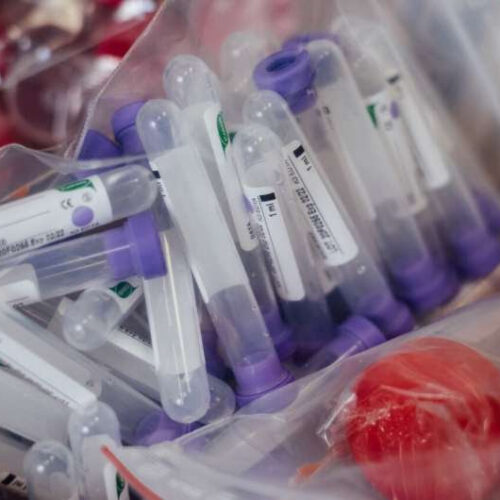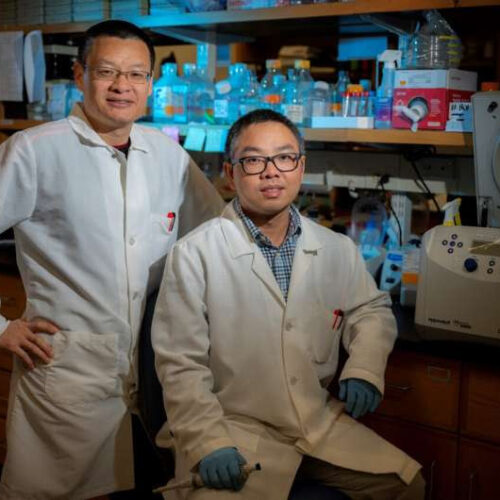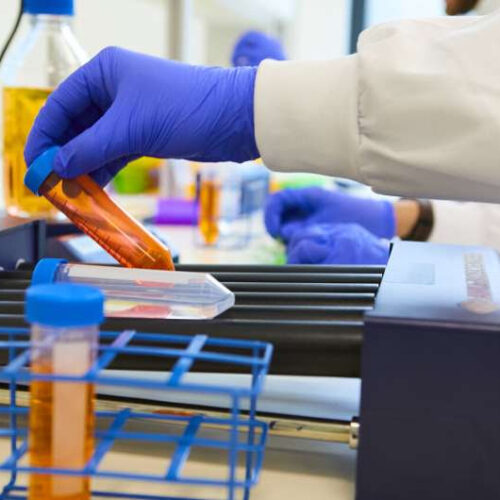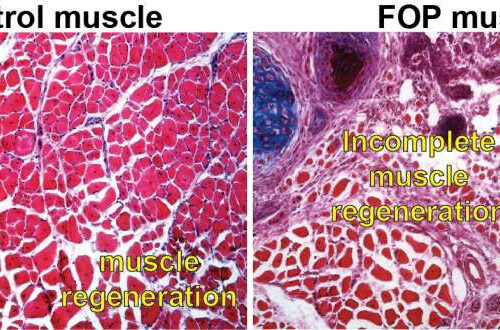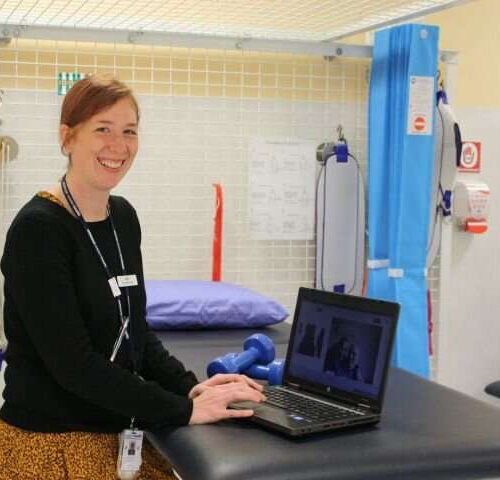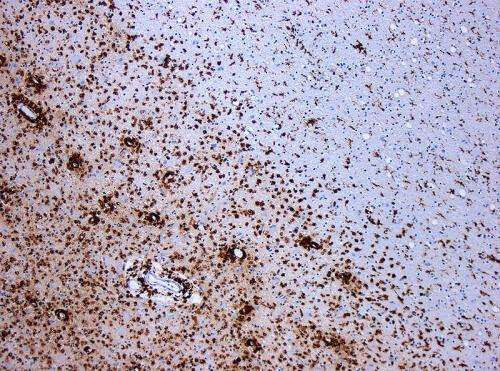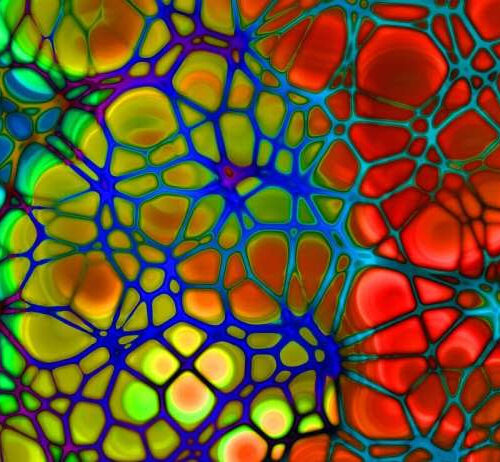BMJ The drug baricitinib (a type of drug known as a Janus kinase (JAK) inhibitor, also used to treat rheumatoid arthritis) is strongly recommended for patients with severe or critical covid-19 in combination with corticosteroids, says a WHO Guideline Development Group of international experts in The BMJ today. Their strong recommendation is based on moderate certainty evidence...
One in ten people may still be infectious for COVID after ten days, new research indicates
by University of Exeter Credit: Unsplash/CC0 Public Domain One in 10 people may have clinically relevant levels of potentially infectious SARS-CoV-2 past the 10 day quarantine period, according to new research. The study, led by the University of Exeter and funded by Animal Free Research UK, used a newly adapted test which can detect whether...
Novel treatment target for heart disease found in the blood vessel wall
by Medical College of Georgia at Augusta University Dr. Jiliang Zhou (left) and senior postdoctoral fellow Dr. Kunzhe Dong. Credit: Michael Holahan, Augusta University A molecule of RNA called CARMN has been found in abundance in the healthy smooth muscle cells that help give our blood vessels strength and flexibility, and distinctly decreased in vascular...
First melanoma test to offer reassurance of low risk of cancer spread
by Newcastle University Scientists at work in AMLo Biosciences lab to predict the spread or return of a melanoma. Credit: AMLo Biosciences & Newcastle University A pioneering test which reliably predicts the spread or return of the most deadly form of skin cancer has been developed by a team of Newcastle scientists and clinicians. The...
Japan team carries out world-first spinal cord stem cell trial
by Tomohiro Osaki Researchers at Tokyo’s Keio University want to study whether induced pluripotent stem (iPS) cells can be used to treat the injuries. A Japanese university said Friday it has successfully transplanted stem cells into a patient with a spinal cord injury, in the first clinical trial of its kind. There is currently no...
Origin of rare disease FOP rooted in muscle regeneration dysfunction
by Perelman School of Medicine at the University of Pennsylvania An image of a control cell with normal muscle regeneration compared to a cell with the same genetic mutation that people with FOP have. Credit: Penn Medicine Fibrodysplasia ossificans progressiva (FOP) is a rare disease characterized by extensive bone growth outside of the normal skeleton...
Telerehab effective for cancer patients
by La Trobe University Dr Amy Dennett conducts a telehealth rehabilitation appointment. Credit: La Trobe University La Trobe University research has found delivering cancer patients’ rehabilitation clinics by telehealth is safe, effective and removes barriers to participation, such as fatigue, travel and parking costs. Published in Journal of Medical Internet Research—Cancer, the study found 88...
Epstein-Barr virus may be leading cause of multiple sclerosis
by Harvard T.H. Chan School of Public Health Demyelination by MS. The CD68 colored tissue shows several macrophages in the area of the lesion. Original scale 1:100. Credit: Marvin 101/Wikipedia Multiple sclerosis (MS), a progressive disease that affects 2.8 million people worldwide and for which there is no definitive cure, is likely caused by infection...
Macrophages in the artery wall ‘smell’ their surroundings
by La Jolla Institute for Immunology Credit: CC0 Public Domain An artery is not like a nose. Or is it? Scientists at La Jolla Institute for Immunology (LJI) have discovered that immune cells in arteries can “sniff” out their surroundings and cause inflammation. “Smelly molecules can be pro-inflammatory,” says study leader LJI Professor Klaus Ley,...
Long COVID may not be gone even after one year
There is a phenomenon called long COVID. Some people, especially ones who suffered through more severe cases, experience unpleasant symptoms months after the infection is gone. Now scientists at the University of Leicester and Loughborough University have revealed that long COVID patients who were hospitalized face limited recovery after one year. Scientists from 53 institutions and...

